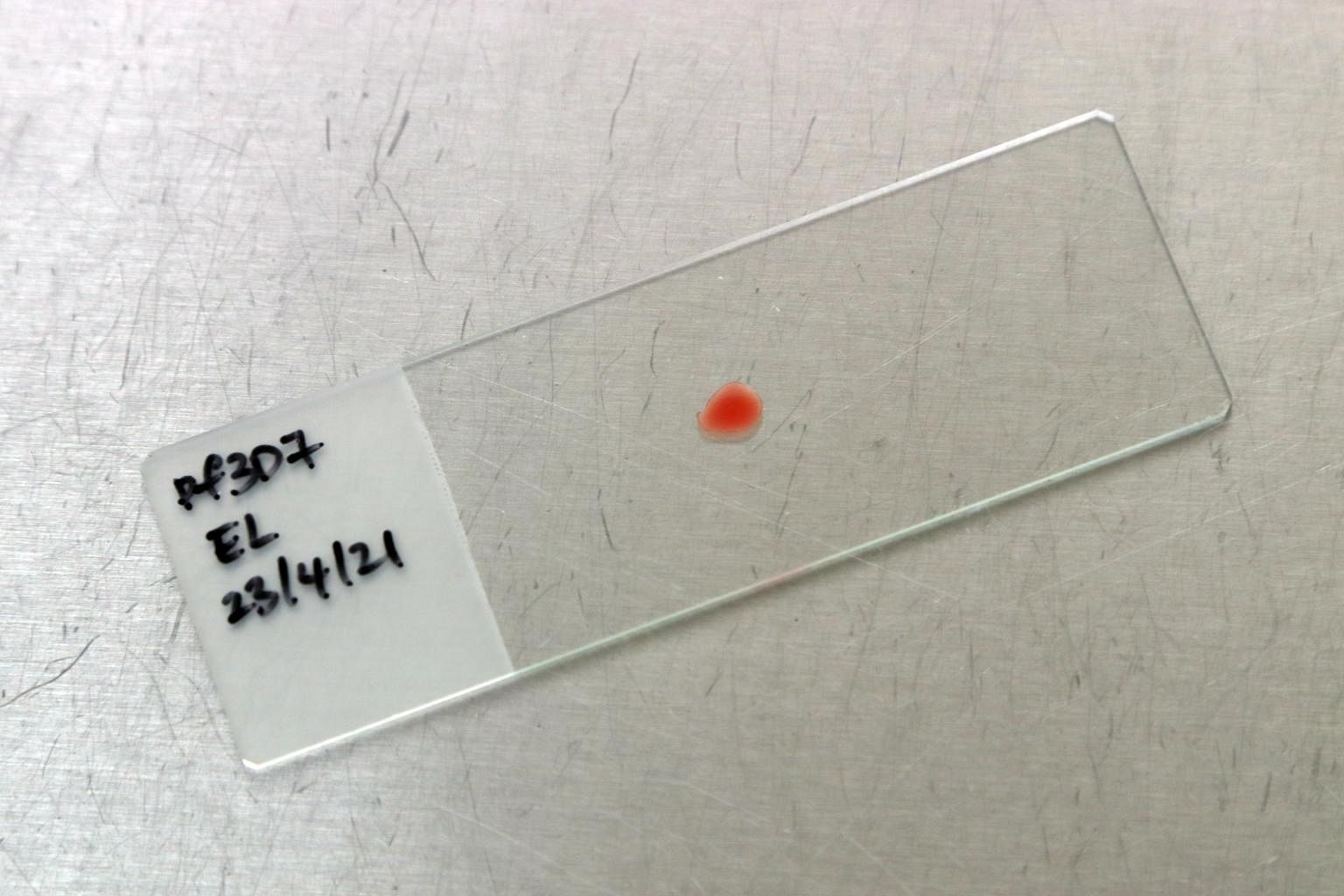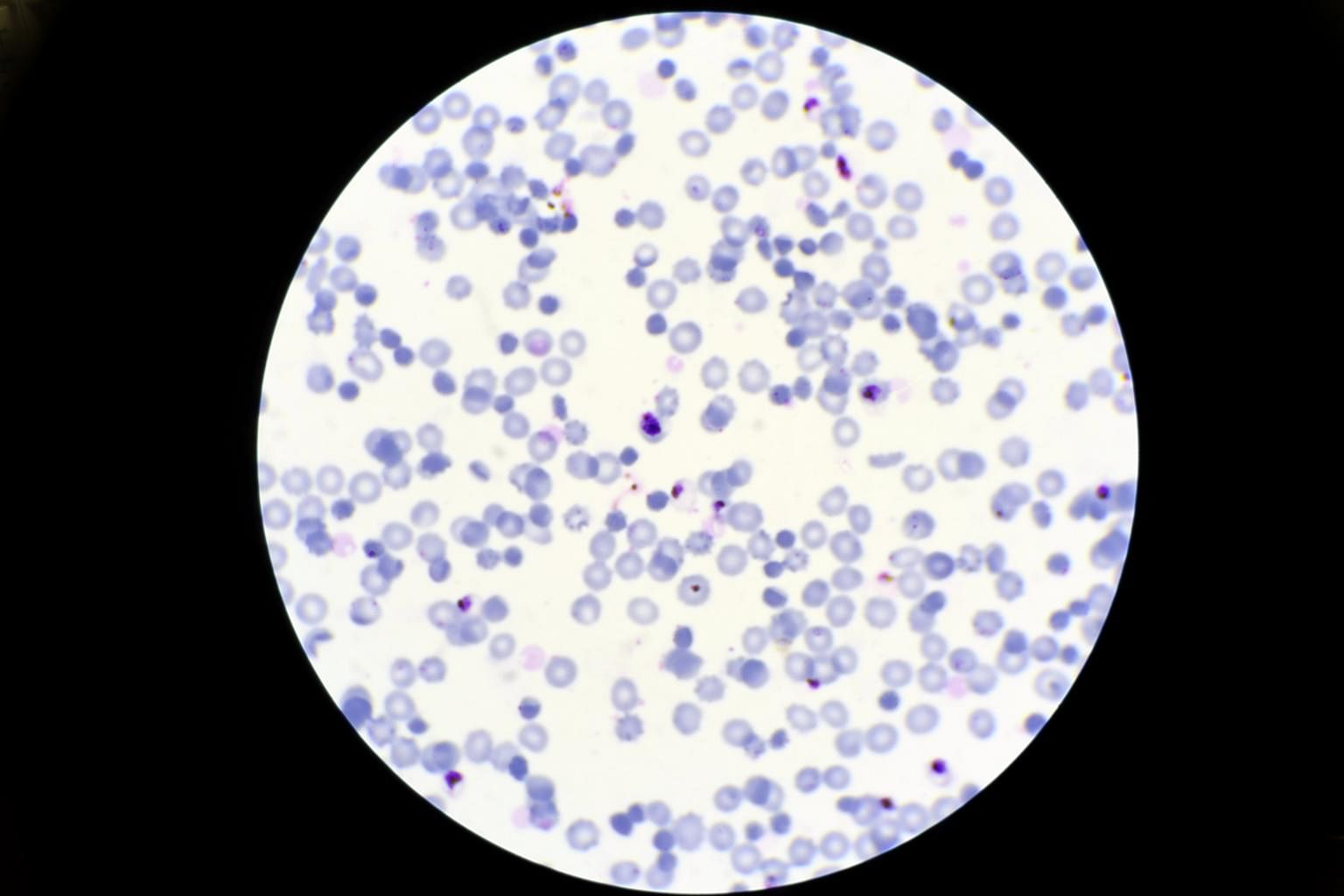Singapore a hub in region for malaria research
Sign up now: Get ST's newsletters delivered to your inbox
SINGAPORE - The Republic is a regional hub for malaria research and innovation.
A team of scientists has been working hard to decode the complex parasites that cause infections, to pave the way for new drugs against the highly adaptable and stubborn bug.
Anchoring the various research work is the Singapore Malaria Network, comprising scientists from the National University of Singapore (NUS), Nanyang Technological University (NTU) and the Agency for Science, Technology and Research (A*Star).
Recently, some scientists in the network clinched an $8.5 million grant from the Ministry of Education to study malaria zoonosis, where the disease jumps from animal to human. Work on the project starts next month.
Led by Professor Zbynek Bozdech, a malaria expert at NTU, the five-year project will investigate, at a molecular level, how the malaria parasites jump from animals to humans, and vice versa, and predict how the parasites may become more potent and infectious in the future.
Assistant Professor Benoit Malleret from the NUS Yong Loo Lin School of Medicine, a co-investigator in the project, said: "Pandemics could arise when we don't anticipate certain pathogens from animals that can infect humans."
Covid-19 has put a spotlight on zoonotic diseases, and Singapore has wild macaques deep in the forests that carry malaria parasites.
Associate Professor Kevin Tan, head of the school's Department of Microbiology and Immunology, and another co-investigator, added: "When we know what are the mechanisms in the parasites that cause the jump from animals to humans, those are the Achilles heels to target in drug and vaccine development."
Dr Rajesh Chandramohanadas, senior lecturer at the school, added that the research will be a major undertaking, and will require a lot of time as every researcher has to closely monitor the subtle changes within the parasite as it jumps from one animal to another.
"We have to closely capture how these parasites are behaving differently when they are deprived of their ideal host, how they slowly change their pattern when they are beginning to prefer another host, and how they behave once they are inside (the new host)," said the faculty member, who will also be working on the project.
Professor Peter Preiser from NTU's School of Biological Sciences and one of the experts who initiated the Singapore Malaria Networkin the early 2000s, said the country's years-long expertise in the infectious disease put it in good stead for the nation's Covid-19 response.
"For instance, we had in place tools and technologies that we use to study malaria, such as diagnostic approaches, that allowed us to develop rapid ways of detecting the coronavirus and neutralising antibodies," he said.


Malaria immunologist Laurent Renia, senior fellow of the A*Star Infectious Diseases Labs, shifted his focus to Covid-19 last year. He studied how the body responds to the infection, and ways to improve management of the disease.
The transition was not difficult, as the malaria parasite is much more complex than the coronavirus, Professor Renia noted.
"The parasite has about 5,000 genes, while the Sars-CoV-2 virus has about 15. We have been so used to dealing with complexity... It's much easier for people working with malaria to be able to work with bacteria or viruses."
Correction note: An earlier version of the story had the wrong designation for Professor Laurent Renia. This has been corrected.


